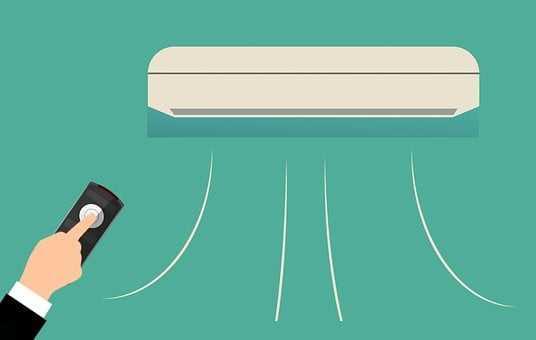The Downside Of Using AC
Air conditioning is necessary, but too much of artificially cooled air drives up CFC gas emission, increases our power bills, makes power plants consume more fossil fuels, and makes us addicted to comfort.
42
495 reads
CURATED FROM
IDEAS CURATED BY
The idea is part of this collection:
Learn more about health with this collection
How to ask open-ended questions
How to avoid awkward silences
How to show interest in others
Related collections
Read & Learn
20x Faster
without
deepstash
with
deepstash
with
deepstash
Personalized microlearning
—
100+ Learning Journeys
—
Access to 200,000+ ideas
—
Access to the mobile app
—
Unlimited idea saving
—
—
Unlimited history
—
—
Unlimited listening to ideas
—
—
Downloading & offline access
—
—
Supercharge your mind with one idea per day
Enter your email and spend 1 minute every day to learn something new.
I agree to receive email updates
